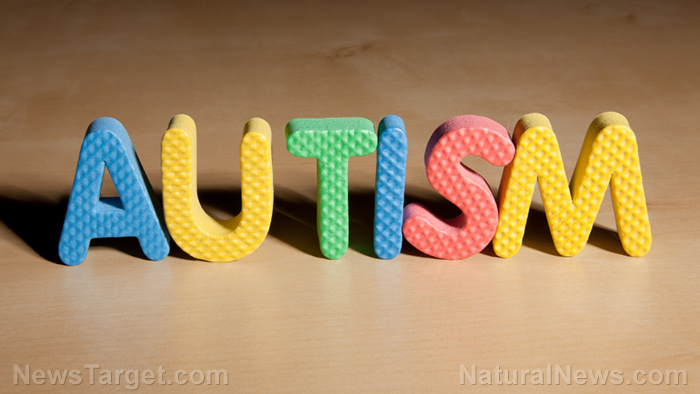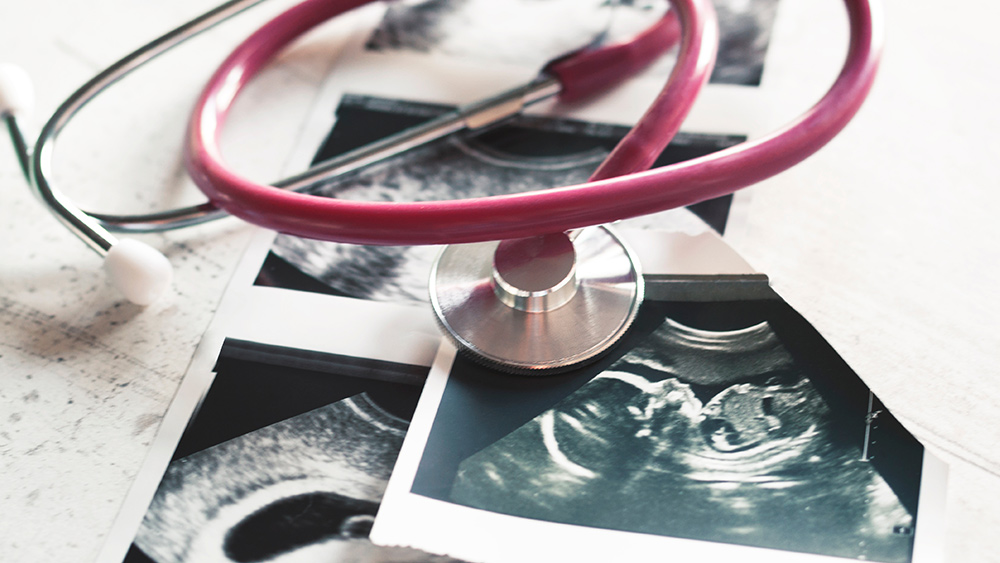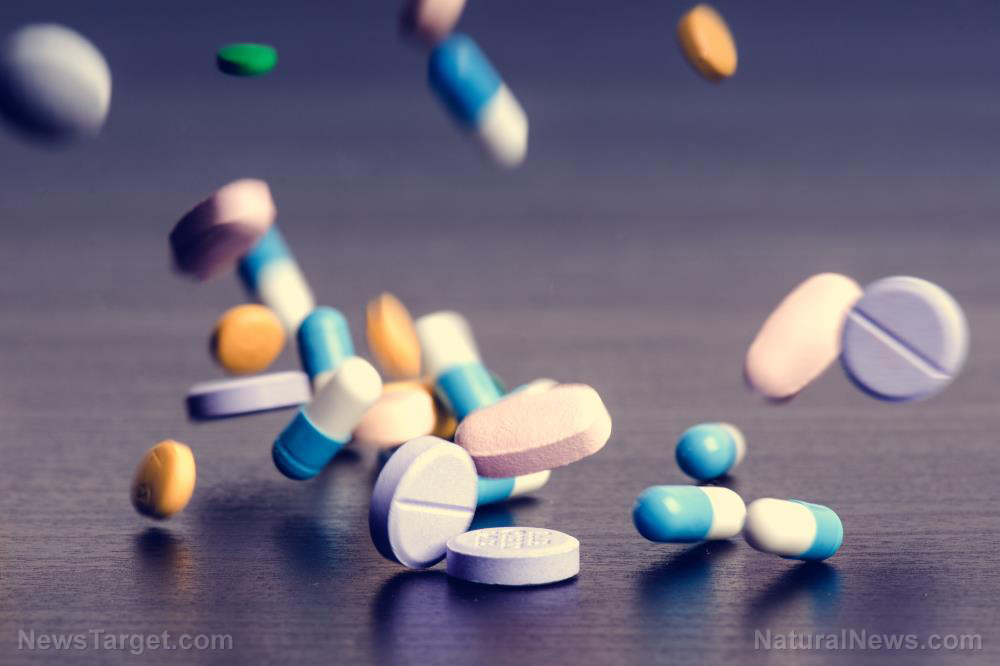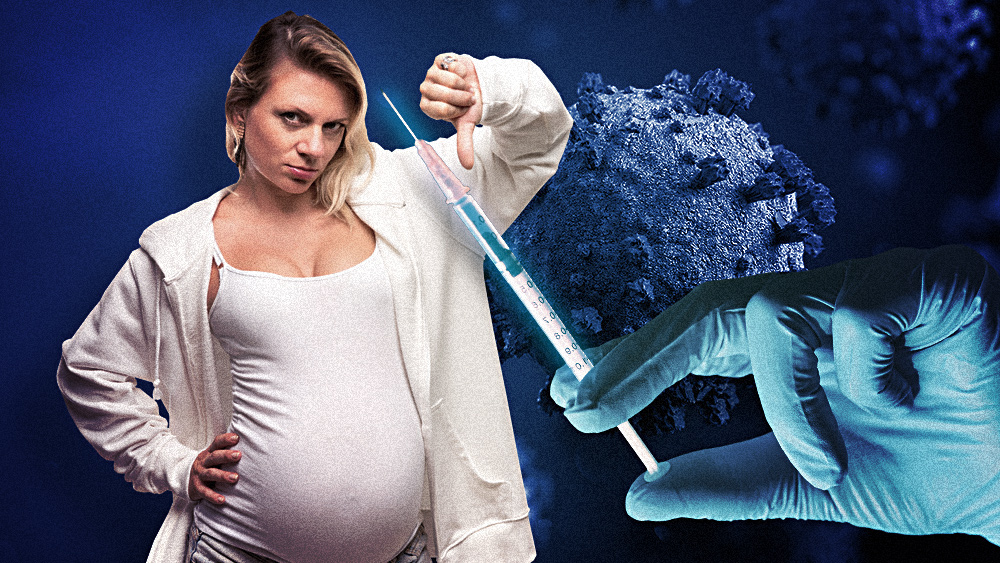
The government may be pushing the agenda that everyone should get vaccinated; however, a video that went viral showed that there are more serious adverse effects that an individual can experience after receiving a COVID-19 vaccine.
A vaccine injury victim speaks out about the serious adverse effects of a COVID-19 vaccine on her body.
In her video, the woman talked about the many complications brought about by a vaccine after her inoculation on May 3.
According to the woman, she developed Stevens-Johnson Syndrome, which is a rare but serious disorder that affects the skin, mucous membrane, genitals, and eyes, and is usually caused by an unpredictable adverse reaction to medications.
The woman said that the disorder presented as blisters and rashes, and one of the blisters burst inside her intestine, which caused bleeding. As the bleeding in her intestine continued, she also shot a blood clot to her left kidney and lost 90 percent of its function.
"I’m constantly swelling up in the morning, so much so I have issues. I can’t bend my hands. sometimes the swelling closes up my eyes and I can’t see through my eyes," she said.
She said that she constantly swells up in the morning to the point that she can't bend her hands, or the swelling closes up her eyes. She also added that she had very severe periods since she got vaccinated, to the point that she wanted to faint.
It remains unclear which company manufactured the vaccine she took, however, her story is only one of many being ignored by the government.
Stevens-Johnson syndrome post-vaccination
Stevens-Johnson syndrome is an acute hypersensitivity reaction that causes necrosis of the mucous membrane and the skin.
Although bacterial and viral infections are considered to be causative factors for developing SJS, medications are also thought to be a major cause. Rare cases of SJS have been linked with other vaccines such as smallpox vaccine, varicella and measels, mumps and even influenza vaccination.
A known case of SJS in a patient that received a second dose of the Pfizer vaccine showed that the disorder presented following the inoculation without exposure to any other drug. The patient, a middle-aged woman from Saudi Arabia complained of the presence of bullae that ruptured and refilled five days after her second dose of the Pfizer vaccine. (Related: UN vaccine experts ADMIT to massive, global vaccine cover-up.)
SJS should be monitored properly, without treatment, the symptoms can become severe or even life-threatening. It is not always clear which medications are causing the disease, so it is imperative to stop all non-essential medications.
The length of time it takes to recover from SJS varies on the severity of the disease, from a few weeks to many months before fully recovering.
Changes in menstrual periods to be investigated as COVID-19 adverse effect
A report from The BMJ noted that a link between COVID-19 vaccines and changes to period and unexpected vaginal bleeding should be investigated as primary care clinicians and those working in reproductive health have been approached by women experiencing these events shortly after vaccination.
More than 30,000 reports of these events have been made to U.K.'s Medicines and Healthcare Products Regulatory Agency (MHRA) yellow card surveillance scheme for adverse drug reactions by September 2, 2021 across all COVID-19 vaccines currently offered.
Most people who reported changes in their period after vaccination found that it returns to normal the following cycle, and that there is no evidence the COVID-19 vaccination adversely affects fertility. In clinical trials, unintended pregnancies still occurred at similar rates in vaccinated and unvaccinated groups.
Research exploring the possible association between COVID-19 vaccines and menstrual changes may help understand it mechanisms that are linked to immune stimulation.
Follow more COVID-related stories at Pandemic.news.
Sources include:
Please contact us for more information.





















